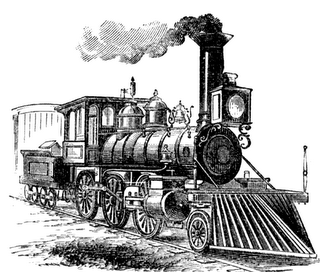
"Mi sono mosso perché era inevitabile che lo facessi
Mi sono messo a disegnare perché era inevitabile che lo facessi
Mi sono messo a disegnare perché dovevo raccontare quello che vedevo...."
Andrea Pazienza
Pensieri in movimento


Riding on the City of New Orleans
Illinois Central Monday morning rail
Fifteen cars and fifteen restless riders
Three conductors and twenty-five sacks of mail
All along the southbound odyssey
The train pulls out at Kankakee
Rolls along past houses, farms and fields
Passin' towns that have no names
Freight yards full of old black men
And the graveyards of the rusted automobiles
Good morning, America, how are you
Don't you know me, I'm your native son
I'm the train they call The City of New Orleans
I'll be gone five hundred miles when the day is done
Dealin' cards with the old men in the club car
Penny a point, ain't no one keepin' score
Won't you pass the paper bag that holds the bottle
Feel the wheels rumblin' 'neath the floor
And the sons of pullman porters
And the sons of engineers
Ride their father's magic carpet made of steam
Mothers with their babes asleep
Are rockin' to the gentle beat
And the rhythm of the rails is all they dream
Good morning, America, how are you
Don't you know me, I'm your native son
I'm the train they call The City of New Orleans
I'll be gone five hundred miles when the day is done
Night time on The City of New Orleans
Changing cars in Memphis, Tennessee
Half way home, and we'll be there by morning
Through the Mississippi darkness
Rolling down to the sea
And all the towns and people seem
To fade into a bad dream
And the steel rails still ain't heard the news
The conductor sings his song again
The passengers will please refrain
This train's got the disappearing railroad blues
Good night, America, how are you
Don't you know me, I'm your native son
I'm the train they call The City of New Orleans
I'll be gone five hundred miles when the day is done
Good morning, America, how are you
Don't you know me, I'm your native son
I'm the train they call The City of New Orleans
I'll be gone five hundred miles when the day is done


